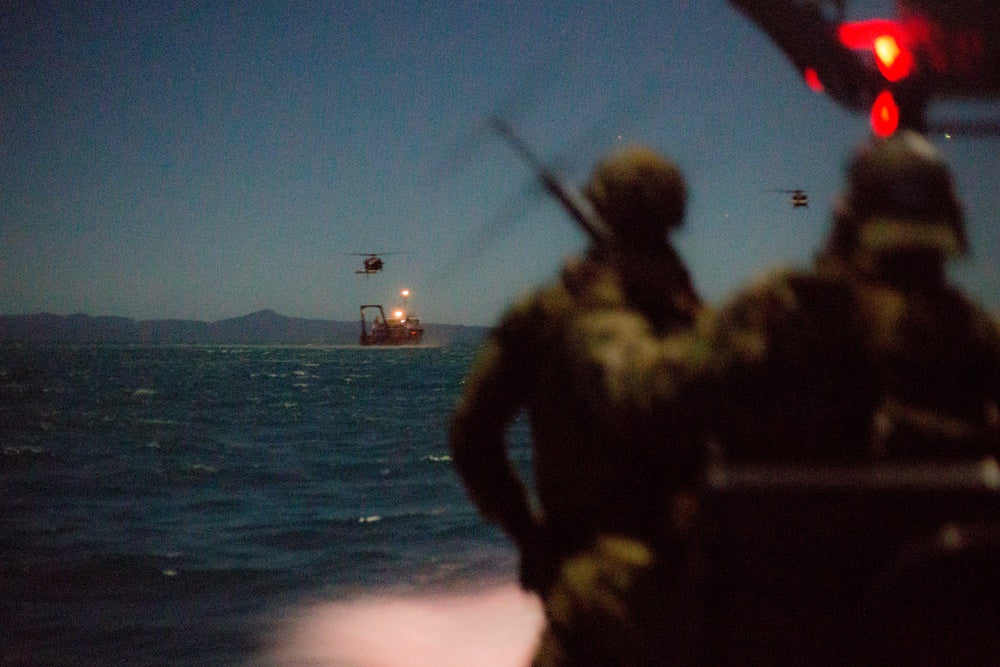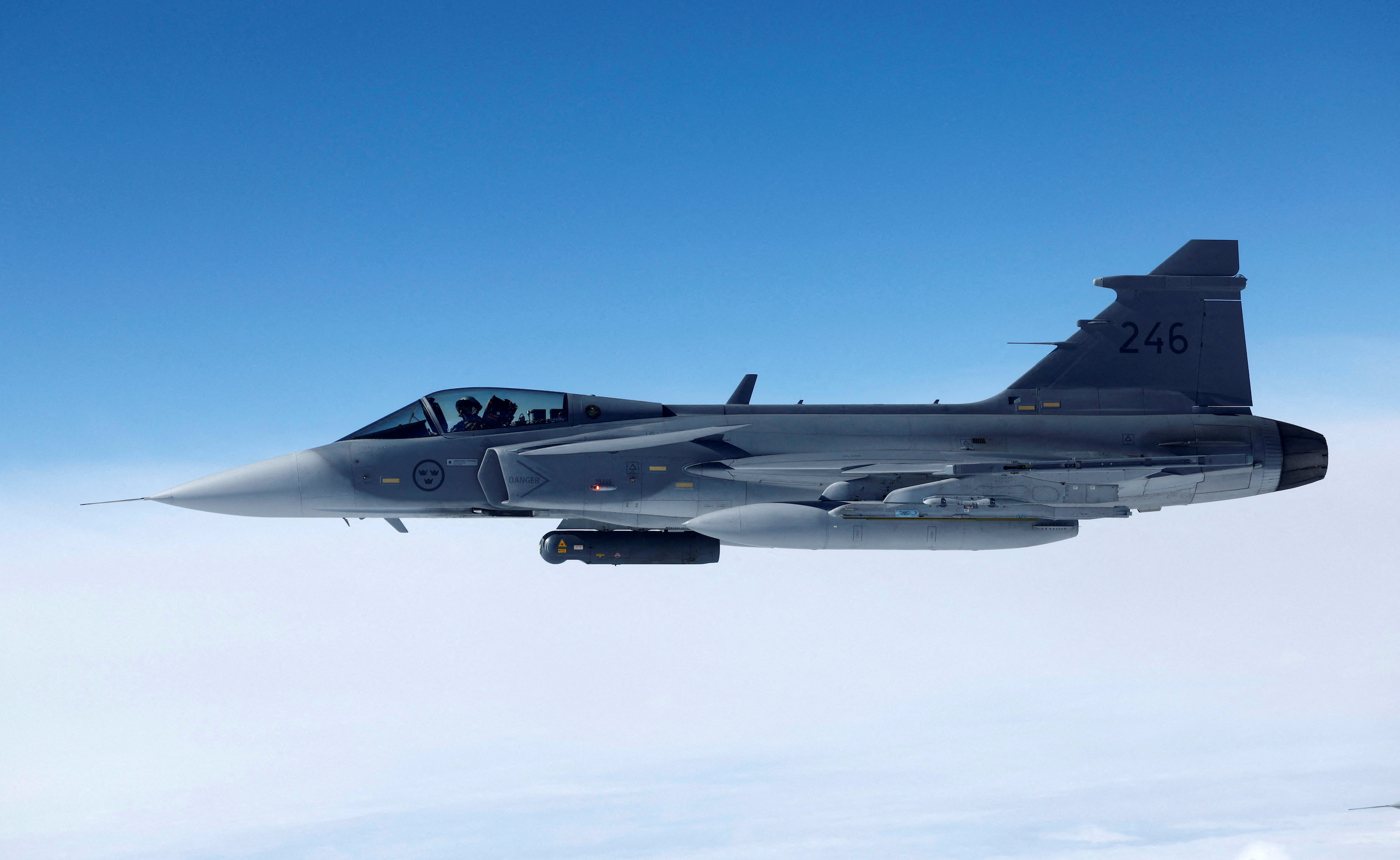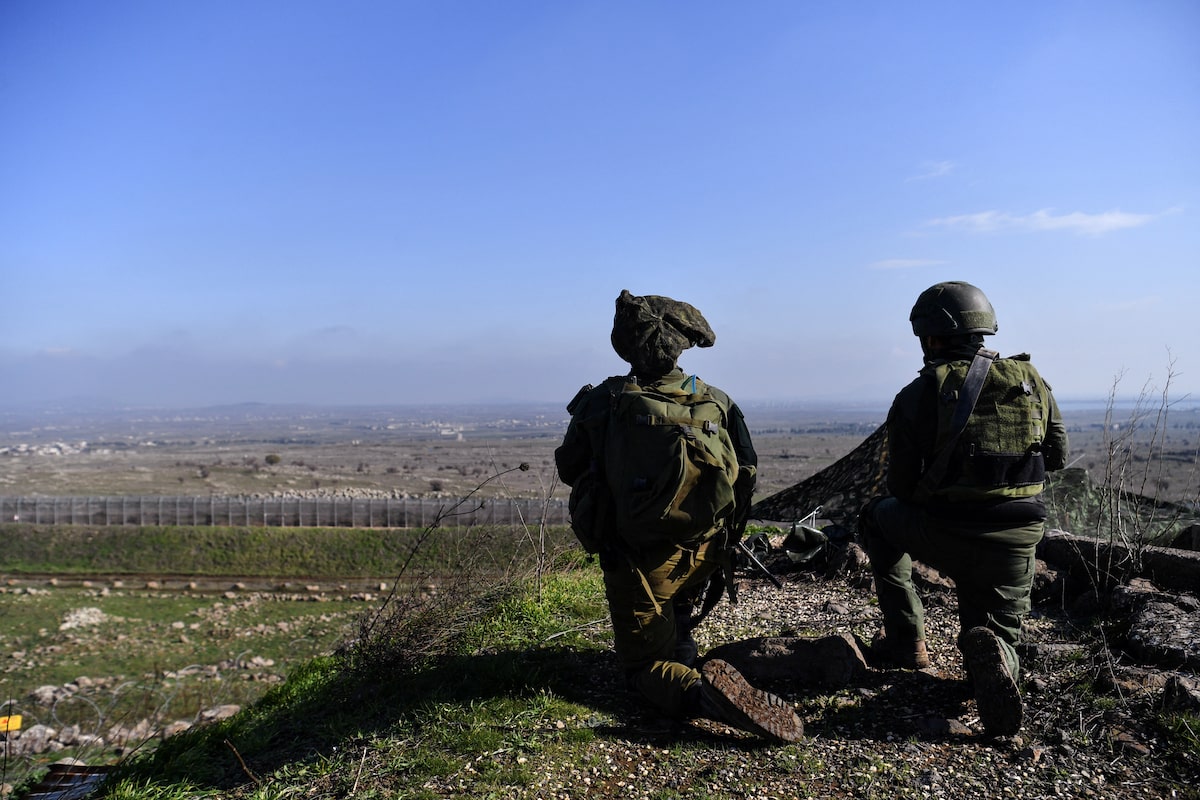
Pacific Islands back Australian-funded regional policing plan
PHOTO CAPTION: Australian special operations forces (SOF) approach a target vessel with rigid-hulled inflatable boats (RHIBs) while U.S. Navy SEALs conduct a fast-rope insertion via Australian Army S-70A-9 Black Hawks during Talisman Sabre, July 16, 2019.
By Kirsty Needham and Lewis Jackson
SYDNEY (Reuters) -Leaders of several Pacific Islands have endorsed an Australian-funded A$400 million ($271 million) plan to improve police training and create a mobile regional policing unit as Canberra tries to block China from expanding its security role in the region.
The leaders of Tonga, Fiji, Palau and Papua New Guinea said the programme would assist island states to tackle drug trafficking, illegal fishing and economic crimes across a region that spans millions of square kilometres of ocean.
"The entire Pacific is the biggest unpoliced space in planet earth," Papua New Guinea's Prime Minister James Marape told reporters in Tonga on Wednesday.
Papua New Guinea, with assistance from Australia, will host the first of four police training centres to be built across the region under the Pacific Policing Initiative, he said.
The initiative will create a multinational policing force that can be deployed to countries in the region in the event of major incidents or crises.
A coordination hub will be based in Brisbane, Australian Prime Minister Anthony Albanese said after the plan was agreed during the Pacific Islands Forum in Tonga.
AUSTRALIAN BACKING
Australia and New Zealand have historically provided policing support to the region in crises, but the new model will boost the ability for Pacific Islands to play a greater role.
"Sovereign nation states will determine how they participate in this, but this is an ongoing process led by the Pacific police and police chiefs for the Pacific, with backing, substantial financial backing, from Australia," Albanese said.
"By working together, the security of the entire region will be much stronger and will be looked after by ourselves," he added.
Palau's President Surangel Whipps Jr said his country, among three Pacific nations that have diplomatic ties with Taiwan, was hit by three major cybersecurity incidents last year, and the initiative was "an effort for all of us to work together to solve the security challenges that we have".
Tonga's Prime Minister Siaosi Sovaleni said members of the 18-nation Pacific Islands Forum had discretion to decide how they participate, after diplomats from Vanuatu and Solomon Islands, both with close ties to Beijing, earlier expressed reservations. Solomon Islands spoke in support of it at Wednesday's meeting, Albanese later told reporters.
China has been a major infrastructure lender in the region and is now seeking a greater role in policing.
Australia has previously said there should be "no role" for China in policing the Pacific Islands, after China said in January it had a strategy to help island states with security. Wednesday's initiative seeks to reduce the need for countries in the region to turn for help to China, which already has police operating in Solomon Islands and Kiribati.
Chinese foreign ministry spokesperson Lin Jian said at a news briefing on Wednesday in Beijing that China's policing cooperation with Pacific Island countries was normal and conformed to international law.
"It is not directed at or subject to any third party," he said.
($1 = 1.4738 Australian dollars)
(Reporting by Lewis Jackson and Kirsty Needham in Sydney and Liz Lee in Beijing; Editing by Lincoln Feast and Angus MacSwan)









